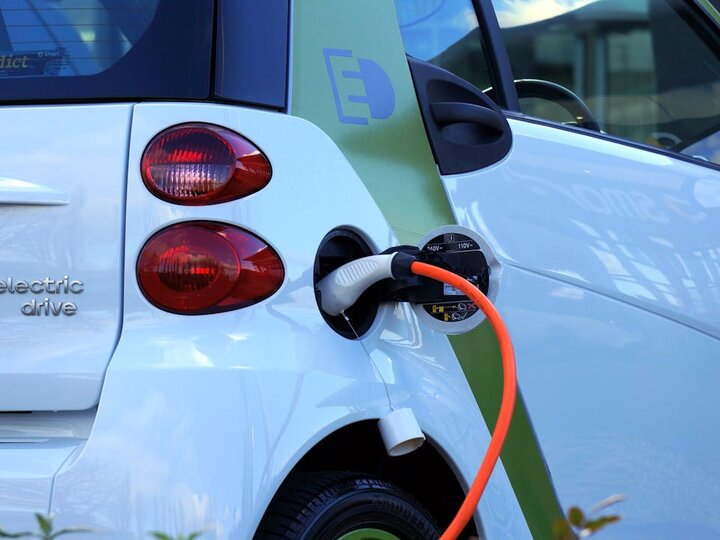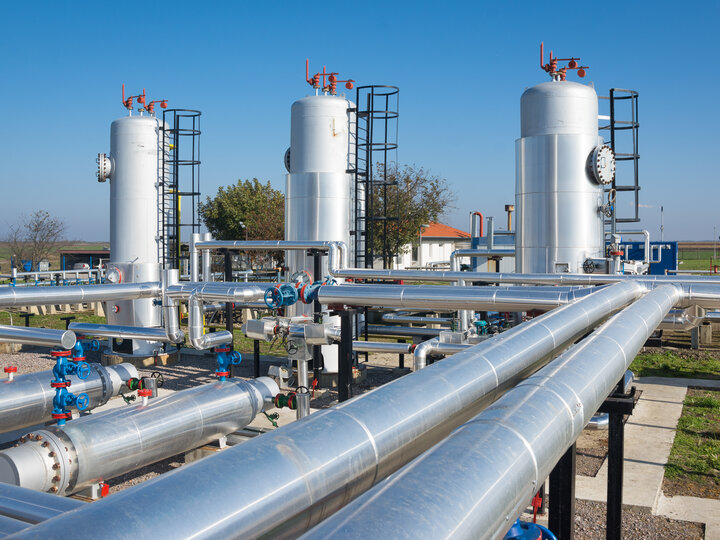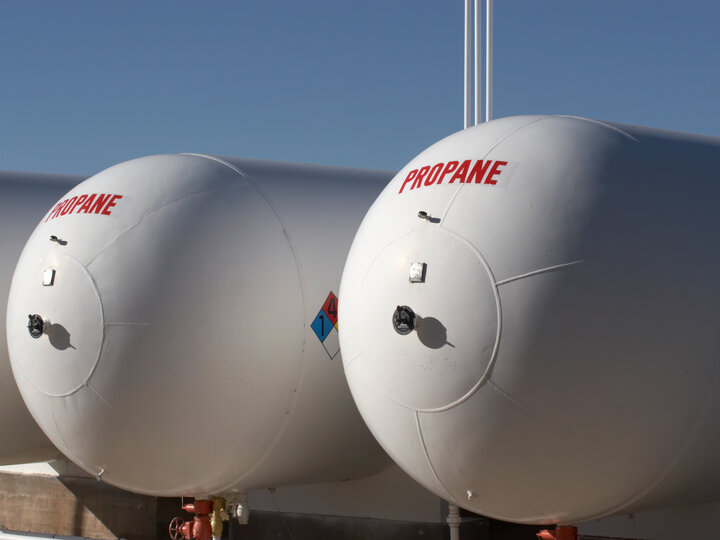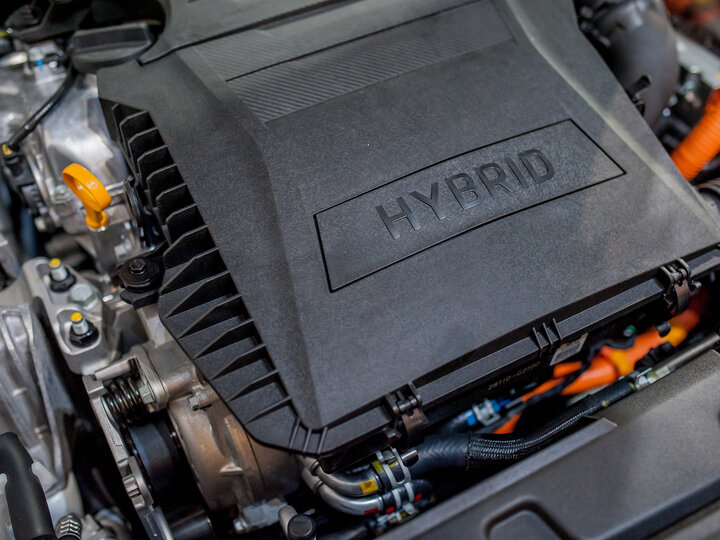Promoting Alternative Fuels and Vehicles
As a Clean Cities and Communities Coalition, we support and promote all alternative fuels that help reduce transportation emissions, improve air quality, and help reduce our nation's dependance on foreign oil.
Biodiesel
Biodiesel is a renewable, biodegradable fuel manufactured domestically from vegetable oils, animal fats, or recycled restaurant grease.
Learn More
Ethanol
Ethanol is a renewable fuel made from corn and other plant materials. Ethanol use is widespread, and more than 98% of gasoline in the U.S. contains some ethanol.
Learn More
Electric Vehicles
Electricity can be used to power electric vehicles (EVs), including all-electric vehicles, also called battery-electric vehicles (BEVs), and plug-in hybrid electric vehicles (PHEVs).
Learn More
Hydrogen
Hydrogen, when used in a fuel cell to provide electricity, is a zero tailpipe emissions alternative fuel produced from diverse energy sources.
Learn More
Natural Gas
Natural gas is a domestically abundant fuel that can have significant cost advantages over gasoline and diesel fuels.
Learn More
Propane
Propane is a readily available gaseous fuel that has been widely used in vehicles throughout the world for decades.
Learn More
Hybrid Vehicles
Hybrid-electric Vehicles (HEVs) and Plug-In Electric Vehicles combine (PHEVs) combine the benefits of gasoline engines and electric motors and can be configured to improve fuel economy or increase power.
